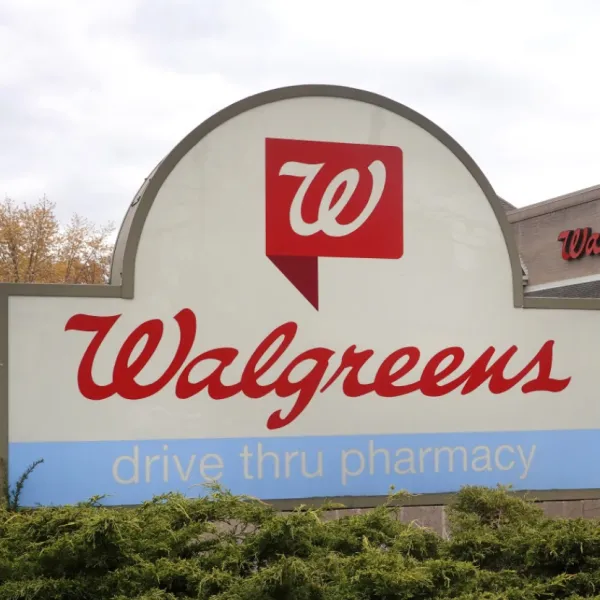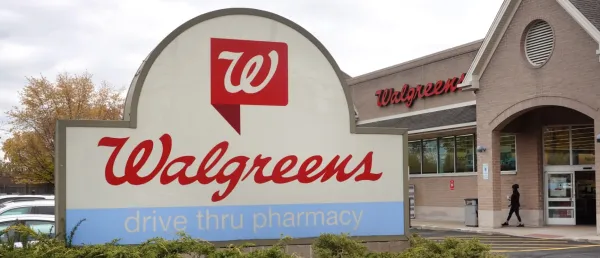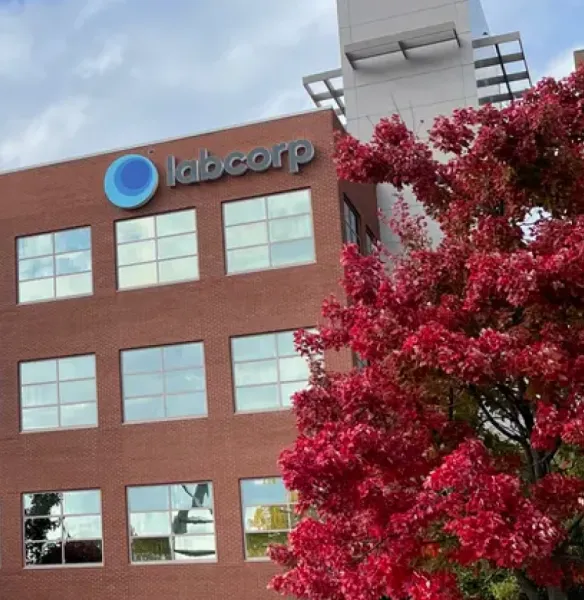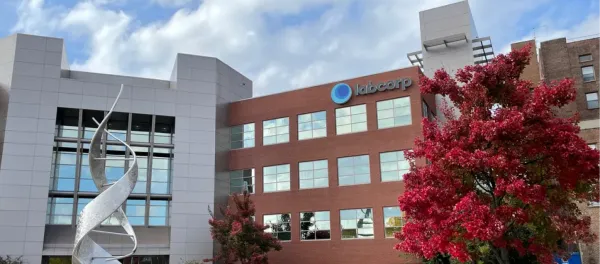Walgreens to Go Private in $10 Bn Deal with Sycamore Partners

The acquisition will end nearly a century of Walgreens’ presence on public markets, with the company struggling to maintain profitability amid declining margins and growing competition.
Walgreens Boots Alliance, one of the largest pharmacy chains in the U.S., will be taken private by Sycamore Partners in a $10 billion deal, the buyout firm announced on Thursday. The acquisition will end nearly a century of Walgreens’ presence on public markets, with the company struggling to maintain profitability amid declining margins and growing competition.
Sycamore will pay $11.45 per share, an 8% premium over Walgreens’ closing price of $10.60 on Thursday. The company’s shares rose nearly 6% in extended trading following the announcement. Additionally, Walgreens shareholders may receive an extra $3 per share from the future monetization of the company’s equity and debt interests in VillageMD.
Declining Market Value and Rising Debt Burden
Once valued at nearly $100 billion a decade ago, Walgreens' market capitalization has shrunk to just over $9 billion. The company has struggled with declining profit margins on drug prices and increasing competition from Amazon and Walmart, which offer lower-cost prescription services and personal care products.
Walgreens also failed to adapt to the industry’s shift toward insurance and prescription management instead of investing heavily in acquiring pharmacy chains. This approach led to rising debt and lease obligations, reaching nearly $30 billion.
“You have a business that is shrinking, and then you layer on losses and cash burn; all of that was the perfect recipe for what we are seeing today,” said Brian Tanquilut, healthcare services research analyst at Jefferies Bank.
Walgreens is currently undergoing a $1 billion cost-cutting initiative under CEO Tim Wentworth, which includes closing thousands of stores and restructuring its operations. The company has already significantly reduced its global presence, now operating in eight countries with 12,000 stores and 312,000 employees—down from 25 countries, 21,000 stores, and 450,000 employees four years ago.
Sycamore’s Strategy and Industry Reactions
Sycamore Partners, a private equity firm known for acquiring struggling retail brands, has previously taken over companies such as Staples, Talbots, and Nine West. The firm typically focuses on selling off high-value assets and cutting costs rather than investing in long-term growth.
“Going private makes sense on paper,” said Ann Hynes, an analyst with Mizuho Bank. “Walgreens’ operational challenges would likely be better handled without commitments to shareholders.”
Much of Walgreens' financial struggles stem from past leadership decisions. Former CEO Stefano Pessina, the company’s largest shareholder, spearheaded costly acquisitions, including a $5.2 billion investment in primary-care provider VillageMD in 2012. Analysts now consider VillageMD a likely divestment target for Sycamore.
In contrast, Walgreens’ competitor CVS has diversified its business model, acquiring health insurer Aetna for nearly $70 billion in 2018. Walgreens opted not to pursue a similar move with Humana, which some industry experts view as a missed opportunity.
With Sycamore’s acquisition, Walgreens is expected to undergo significant restructuring. Analysts anticipate store closures, asset sales, and operational changes aimed at stabilizing its finances. The impact of these changes on Walgreens’ healthcare services and patient accessibility remains uncertain.
Stay tuned for more such updates on Digital Health News
































